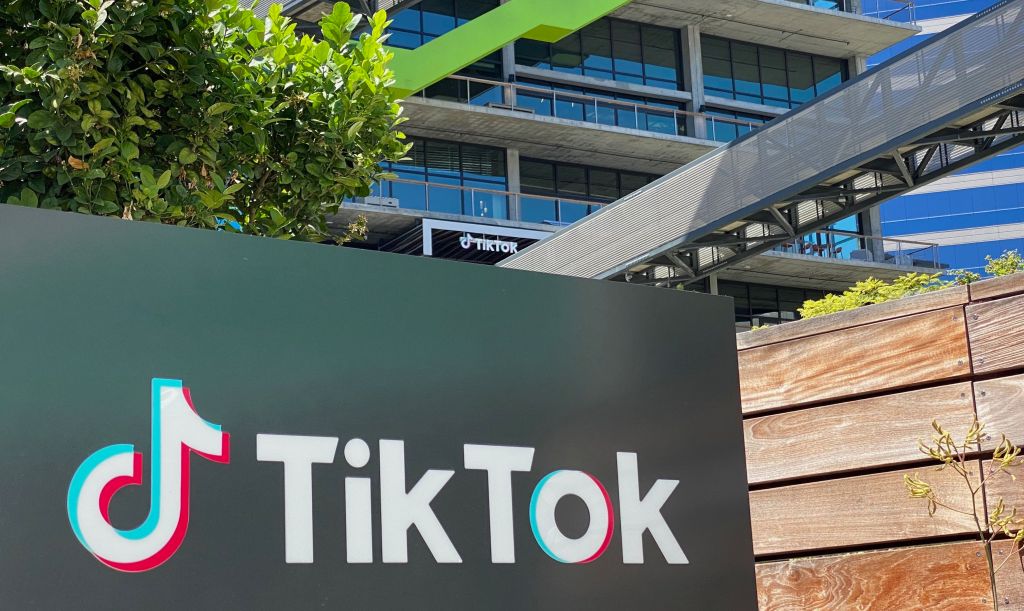TikTok is suing the U.S. government in federal court over the Trump Administration’s decision to ban TikTok in the U.S. market. Reports that TikTok would soon file a legal challenge to the ban were already making the rounds this weekend, ahead of TikTok’s formal announcement of the lawsuit, shared today on its company blog. TikTok plans to fight back against Trump’s executive order on the grounds that it was enacted without evidence and without any due process.
“We strongly disagree with the Administration’s position that TikTok is a national security threat and we have articulated these objections previously,” the blog post read.
The company claims the Trump Administration has ignored TikTok’s numerous efforts to address its concerns. Instead, Trump declared the app a national security threat over its ties to the Chinese government.
TikTok also continues to claim it protects U.S. user data by storing that data outside of China on servers in the U.S. and Singapore. It says it has erected software barriers to ensure the data is held separate from other products operated by TikTok’s Chinese parent company, ByteDance.
The lawsuit notes, too, that TikTok’s actions were already known to the U.S. government due the national security review by CFIUS (the Committee on Foreign Investment in the United States) that took place when ByteDance acquired Musical.ly in 2017, becoming TikTok. As part of that review, the government examined TikTok’s documented security practices and came to the conclusion that the deal could proceed.
The issue at hand, however, is not what TikTok claims it does. Even if TikTok can demonstrate where the data is stored and other such things, it’s not enough, the critics say. The concern is centered around China’s own cybersecurity law that requires tech companies, like ByteDance, to hand over any data to the Chinese government, if requested. This concern has bipartisan support in the U.S., in fact. The Biden campaign also told staff to remove TikTok from their phones, as one example.
TikTok is supporting its case by noting how it has filled its exec ranks with Americans, who would not be subject to the Chinese law. This includes its CEO Kevin Mayer, global chief security officer Roland Cloutier, and general counsel Erich Andersen. In addition, its U.S. content moderation is led by a U.S.-based team, independently from China, the company stresses.
In terms of the legal challenge to the order, the suit alleges that Trump’s executive order fails to meet the requirements of the International Emergency Economic Powers Act (IEEPA), which allows the government to prohibit activities that are found to be “an unusual and extraordinary threat.” TikTok writes:
By banning TikTok with no notice or opportunity to be heard (whether before or after the fact), the executive order violates the due process protections of the Fifth Amendment. The order is ultra vires because it is not based on a bona fide national emergency and authorizes the prohibition of activities that have not been found to pose ‘an unusual and extraordinary threat.’
TikTok reminds the government, too, that a ban would eliminate the creation of 10,000 American jobs TikTok had projected it would add over the next three years. TikTok employees were said to be planning their own legal challenge to the ban, as well.
The social video app maker has been working across a number of fronts to respond to the ban in recent days. It recently launched a public-facing information hub where it answered questions about its app and data privacy, in an effort to “correct the record,” it had said. Despite these efforts, it’s still unclear to what extent TikTok can really say no to the Chinese government, if it asked for data on TikTok’s U.S. users. This is why those in support of the ban would rather TikTok divest of its U.S. operations entirely to remain in the country.
Recent news reports have also given the U.S. other reasons to question TikTok’s stated commitments. The New York Times, for example, reported that a third of the app’s users are 14 or under, according to internal documents. That begs the question of how well TikTok has been able to abide by guidelines set by the U.S. Children’s Online Privacy Protection Act — a regulation that already resulted in a $5.7 million fine for the company in 2018. If it’s not acting responsibility on this front, how well can it be handling the other issues, The NYT openly wondered.
Of course, TikTok may not have to actually win this latest legal challenge to remain in operation, it understands. If Trump loses the November election, the new administration could take a different tactic with regard to how it handles the TikTok situation, perhaps even rescinding the order entirely.































Comment